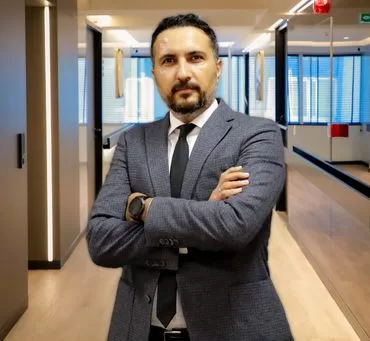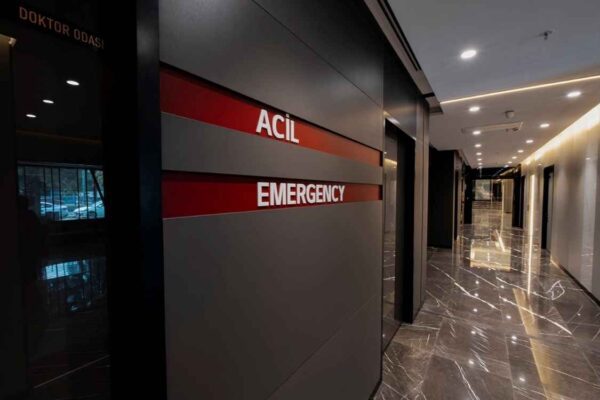In heart surgeries, which are preferred as an effective solution, the use of heart medications or bypass surgery can be applied. In some patients, the disease can be resolved with the angioplasty method.
What are Heart Surgery Methods?
In case of narrowing of the heart vessels of the patients, the treatment method to be applied may differ from person to person.
Preferable methods for heart surgery; angioplasty is the use of bypass or heart medications. Coronary angioplasty can be defined as the opening of local narrowing in the heart vessels by choosing a non-surgical method.
How are Heart Surgery Methods Applied?
The application of heart surgery methods may differ. For the opening of cardiovascular occlusions; It must be entered through the inguinal arteries. Thanks to the guide wire placed by pushing it towards the heart vessels, it is possible to slide the deflated wire into the area where the stenosis occurs. Then, by applying external pressure, it can be inflated and the cardiovascular occlusion can be opened.
In some cases, treatment can be provided with a stent placed on the balloon beforehand. It can be stated that the possibility of re-narrowing of the veins will be eliminated thanks to the stent that is left in the veins permanently.
How is Bypass Surgery Performed?
Many tests are done by specialists to determine the condition of the heart.
Coronary angiography or cardiac catheterization applications should be performed in order to obtain X-ray images of the heart condition. Depending on the degree of occlusion of the arteries by the doctor, coronary artery bypass surgery is also preferred.
Thanks to the bypass surgery, it is possible to regulate the blood flow and strengthen the heart muscle. In this way, the patient can regain a healthy heart. It can be said that coronary bypass surgery creates a second chance in terms of life and heart.
What Are the Risks of Heart Surgery?
It can be said that the techniques that can be applied during heart surgery may cause some risks. Some heart surgery risks that patients may encounter, albeit rare;
Complications that may occur in the lungs and some respiratory problems.
- Stroke, heart attack or death of the patient.
- Wound infections and bleeding.
Preparation Before Heart Surgery
There are preparation methods that patients should apply before heart surgery. Some drugs used may need to be discontinued 4 or 5 days before the doctor’s control. In order to relieve breathing, smoking should be stopped during the recovery period.
It is recommended to stop eating and drinking before midnight in order to prevent vomiting before surgical procedures. In order to prevent infection, the hairs in the operation area should be shaved.
How is Heart Surgery Performed?
Performing heart surgery is performed by making an incision in the midline of the chest and separating the sternum to reach the heart. After surgical procedures, the sternum is tied with strong wires. Then the incision is sutured.
In most of the patients, it can be said that the sternum heals within 6 to 8 weeks. The bypass method, which is one of the heart surgery techniques, can take between 2 and 6 hours.
After the surgery, the patient may need to use a respirator for 5 to 8 hours. Despite this, the patient can be discharged after staying in the intensive care unit for 1 or 2 days.
FAQs
The payment plan options for heart surgery in Turkey typically include credit card, bank transfer, or cash. Many hospitals and medical centers offer flexible payment options to accommodate the needs of patients. It is advisable to check with the specific healthcare provider for detailed information on their available payment methods and plans.
No, heart surgery methods do not come under insurance. While health insurance typically covers medical treatments and procedures, heart surgery is often considered a specialized and expensive procedure that may require additional coverage or meet specific criteria for insurance reimbursement. It’s essential to consult with your insurance provider for detailed information regarding coverage.
Heart surgery methods can be cheaper in Turkey due to several factors. These include lower labor and infrastructure costs, competitive pricing, government support, and a favorable exchange rate. Additionally, Turkey has highly skilled medical professionals and modern hospitals, making it an attractive destination for affordable and quality healthcare services.
No, individuals cannot obtain finance specifically for heart surgery methods. While there are various healthcare financing options available, they typically cover general medical expenses rather than specific procedures. Patients often rely on health insurance, personal savings, or seek assistance from medical charities to cover the costs of heart surgeries.
There is no specific age limit for heart surgery methods in Turkey. The decision to undergo surgery is based on a thorough evaluation of the patient’s overall health and medical condition. Skilled surgeons consider various factors, including the patient’s age, to determine the suitability of the procedure and potential risks involved.
The success rate of heart surgery depends on various factors, including the type of procedure, patient’s overall health, and the expertise of the medical team. While advancements in surgical techniques and technology have significantly reduced complications, there is always a small risk associated with any surgical intervention. Surgeons strive to minimize these risks, and the percentage chance of complications varies for each case.
While heart surgery has greatly advanced and improved over the years, it is not without potential complications. Some serious problems that can occur after heart surgery include infection, bleeding, blood clots, arrhythmias, and damage to surrounding tissues. However, these risks are generally minimized through careful pre-operative evaluation and post-operative care.
Our Team
Our Hospital
Atilla, Halide Edip Adıvar St.
No:57, 35270 Konak/İzmir































